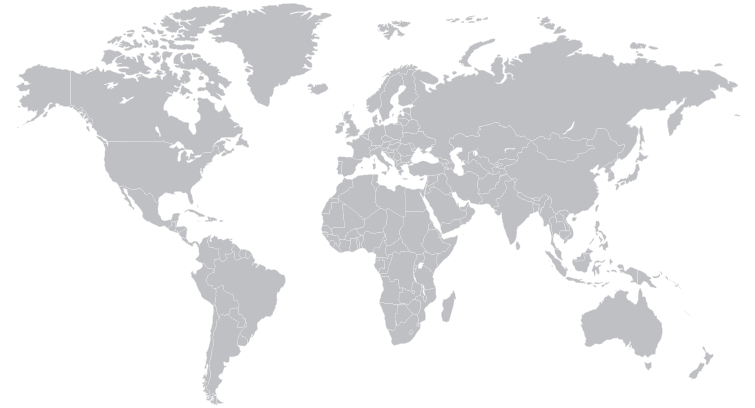Project
GREATER INTERNET FREEDOM PROJECT
About
Cybil code: G0950
Status: Ongoing
From: Mar 2023
Implementors
Themes & Topics
Region
Countries
Contact
Donika Elshani; Researcher
Summary
In today’s interconnected digital landscape, Civil Society Organizations (CSOs) in Kosovo face increasing cyber threats. KCSS’s “Greater Internet Freedom” project addresses these challenges by conducting digital threat analysis, providing a Digital Security Handbook, and offering expert training for local CSOs, especially those working with vulnerable groups. The project is now extended to include advanced digital security training, digital security planning, and local awareness campaigns.
Details
As digital space becomes an ever-more integral element of contemporary modern society, critical societal infrastructure, governmental services, the security sector, and citizens at large are increasingly dependent on interconnectivity and the global online network. Civil society organizations (hereinafter CSOs) constitute no exception in this regard. As CSOs rely increasingly on new digital tools to conduct their daily operations, their digital footprint grows and with it grows the digital risk they are prone to face. The main cyberthreats affecting CSOs, including digital hacks aimed at causing operational disruptions, stealing data or disseminating disinformation, not only hinder daily organizational operations and target staff members, but also endanger CSOs relationship with the communities they are involved in.
With the aim of identifying core cyber-related needs of CSOs in Kosovo, strengthening their capacities to counter emerging digital threats and raising awareness about cyber-related threats, in the framework of the Greater Internet Freedom project KCSS implemented three main activities, including conducting a baseline analysis which maps out and reviews key digital threats and digital capacity-building needs of CSOs in Kosovo; putting together a Digital Security Handbook for CSOs to prepare for, respond to and build resilience from digital attacks; and organizing one expert training with up to 20 local CSO representatives on digital safety. The latter targeted CSOs that work with marginalized individuals and communities in Kosovo, given the higher sensitivity of the data they hold, and subsequently the increased risk from unwarranted disclosure. Some of the marginalized groups targeted included women and girls, children, torture and trauma victims/survivors, people with disabilities, members of the LGBTIQ+ community, ethnic minorities and individuals with mental health issues, among others.
The “Greater Internet Freedom” project was recently extended and KCSS will implement a set of new activities which build upon the issues identified during the first part of the project. Namely, in the second half of the project KCSS will conduct a digital safety training on advanced digital security threats, develop a step-by-step guide on how to build organizations’ digital security plan/policy and conduct awareness campaigns on local digital safety issues and the need for local organizations to build a digital security policy.
The following links provide detailed information about the activities that have already been implemented in the scope of this project:
The Cybil project repository is being continuously updated, and the information it contains is either publicly available, or consent for publication was given by the owner. Please contact the portal manager with any additional information or corrections. Whilst every reasonable effort is made to keep the content of this inventory accurate and up to date, no warranty or representation of any kind, express or implied, is made in relation to the accuracy, completeness or adequacy of the information contained in these pages.









